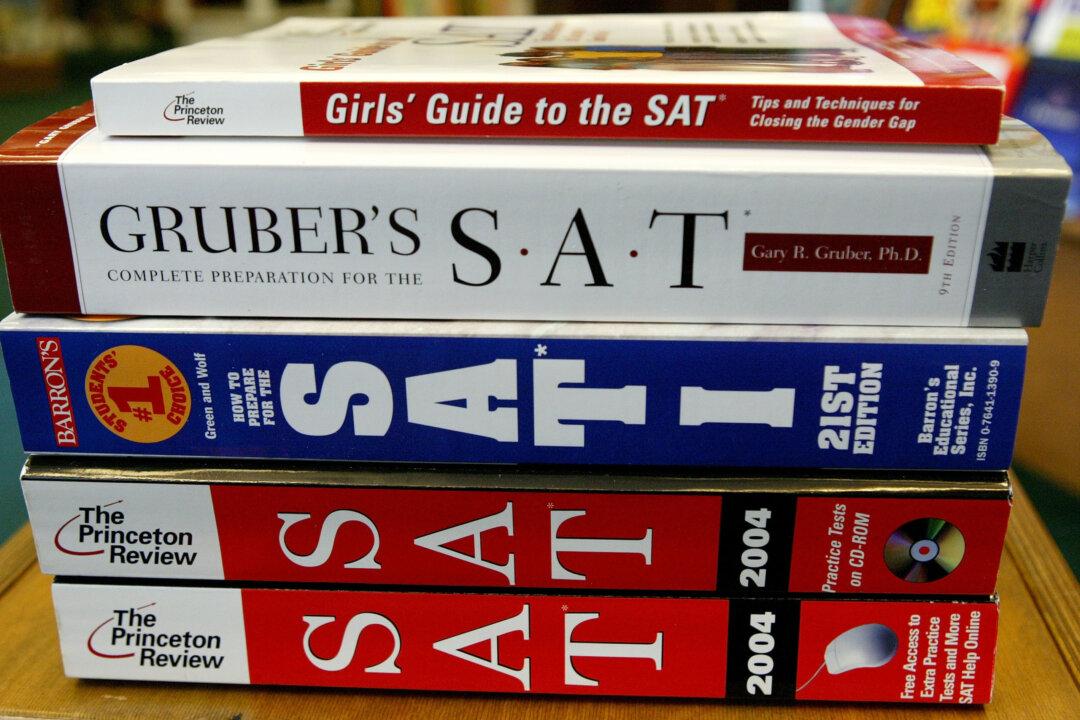Dartmouth College will once again require prospective students to submit an SAT or ACT score to be considered for admission, making it the first Ivy League school to reactivate such requirement after going test-optional during the COVID-19 pandemic.
The decision will overturn the test-optional admission policy that was first instituted in June 2020, when nearly all colleges and universities in the United States dropped their testing requirements as widespread lockdowns forced test sites—the vast majority of which are public high schools—to shut their doors to test takers.





